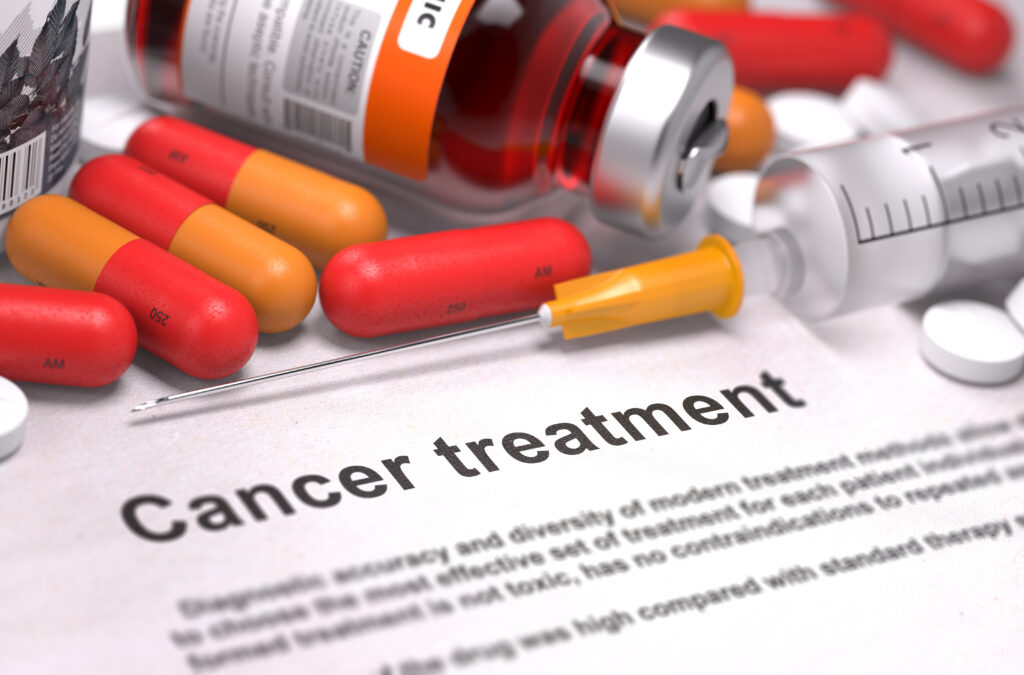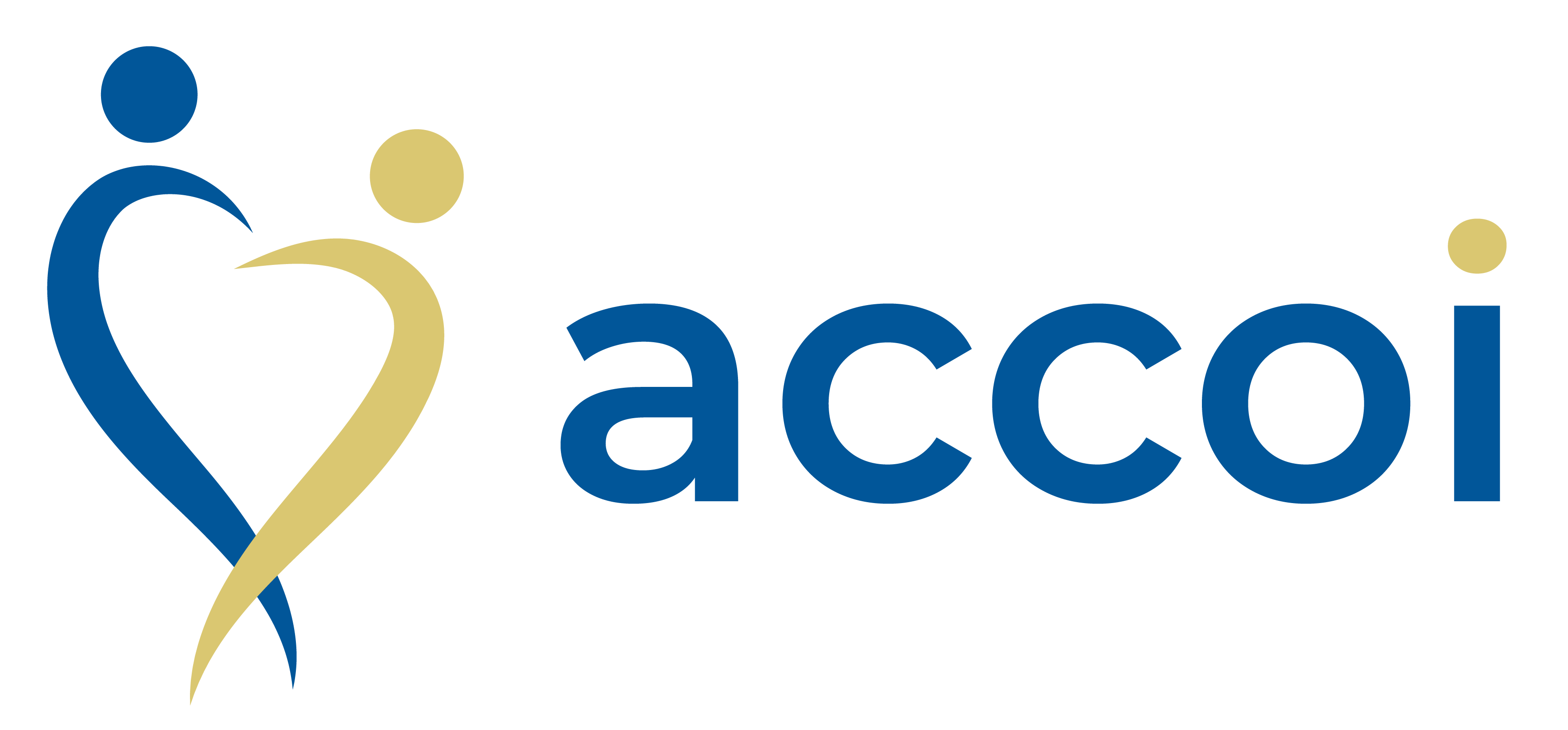
Systemic therapy refers to drugs that travel through the bloodstream to reach cancer cells and include chemotherapy, targeted drugs and immunotherapy.
Systemic therapy refers to drugs that travel through the bloodstream to reach cancer cells and include chemotherapy, targeted drugs and immunotherapy.
Today, the (U.S.) Food and Drug Administration (FDA) has not approved systemic therapy for ACC patients as none has been effective across ‘large groups’ of patients. However, ACC patients with advanced disease may resort to systemic therapy when dealing with growing tumors that are numerous or located near vital organs that are no longer treatable with conventional treatments such as surgery or radiation. Cancer drugs can be very confusing and there is a lot of overlap in terminology. Normally, they are divided into targeted drugs, chemotherapy, and immunotherapy.
Targeted therapy
Targeted therapy involves drugs whose activity is intended to interfere with specific molecules involved in cancer growth. These drugs may block cell growth signals, boost the immune system, stop the growth of blood vessels that support tumors, deliver toxic drugs to cancers or fix cell processes that would normally suppress tumors. Targeted drugs usually go after particular molecules named after genes like MYB, VEGFR, EGFR or NOTCH.
Tyrosine kinase inhibitors (TKIs) are a type of targeted therapy. Many doctors use TKI’s such as Lenvatinib, Axitinib or Apatinib as they have shown moderate degrees of success for some ACC patients.
In order to find the right targeted therapy, your medical oncologist may order a test called a tumor profile or genome test. This allows the doctor to learn about the genes, proteins, and other factors that are unique to the cancer you have. This helps find the most effective treatment.
It may seem simple to use a drug for your specific cancer, but targeted therapy is complex, and it may not be the right drug for you. It is important to know that:
- A targeted treatment may not work if the tumor does not have the specific genetic change or protein the drug targets. ACC is considered a ‘cold tumor’ meaning it has fewer mutations and or T-cells (PD-L1 proteins) inside the tumor. While this makes research challenging, a cold tumor also explains why ACC grows slowly.
- Even if you have the specific genetic change or protein the drug targets, it’s possible the tumor will not respond to the drug
- Even if you have the specific genetic change or protein, there may not be an existing drug to target.
- The response to the treatment may not last over time or the side-effects may be to toxic for the patient.
Learn more about the basics of targeted treatments.
Chemotherapy
Chemotherapy kills all rapidly dividing cells that create tumors but it also kills normal healthy cells in the blood, bone marrow, hair follicles and more. For this reason, chemotherapy can cause severe side effects with a combination of fatigue, hair loss, nausea, damage to the heart, liver and kidney.
Chemotherapy targets fast growing cells and is normally not an option for ACC patients unless the patient is experiencing a more aggressive, faster growing form of ACC of which the cells are dividing quickly.

